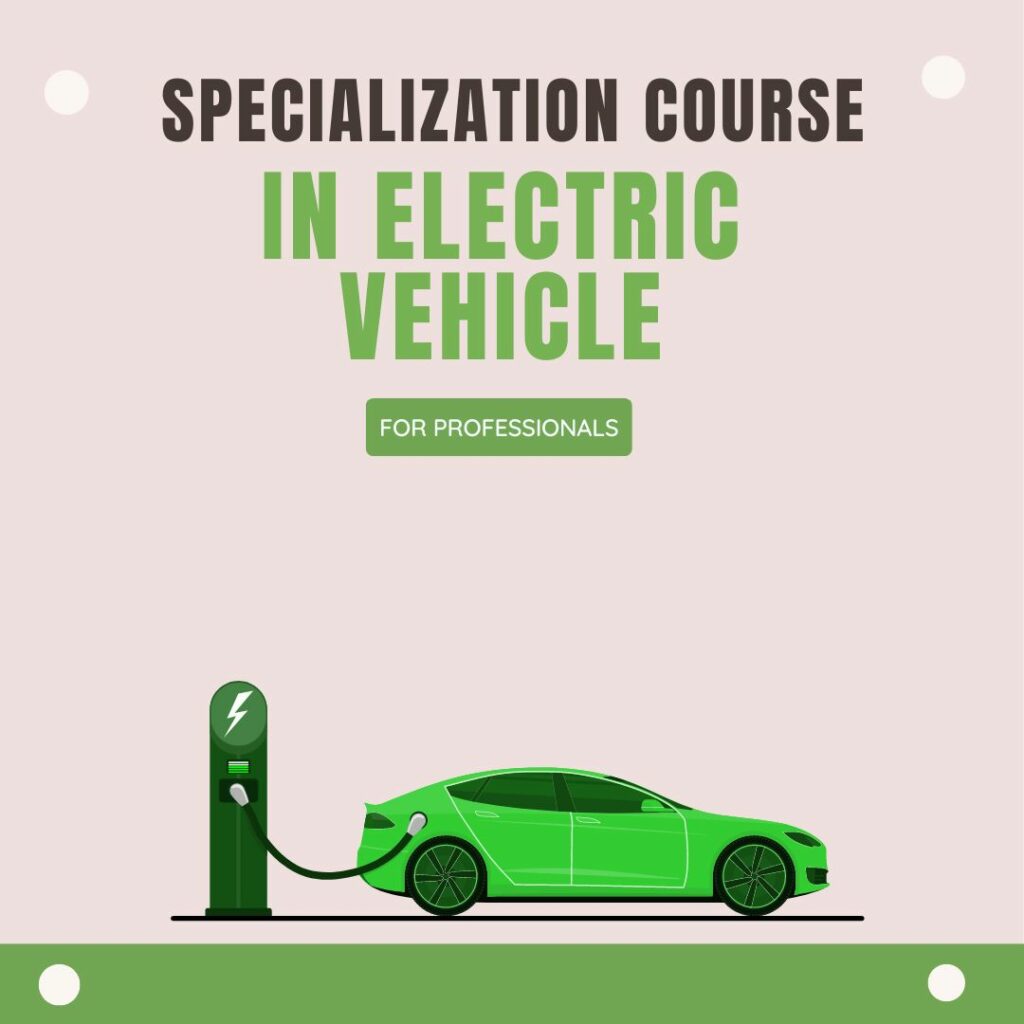Introduction:
Solid-state battery is a new type of battery technology that has the potential to revolutionize the energy storage industry. Unlike traditional lithium-ion batteries, solid-state batteries use a solid electrolyte instead of a liquid or gel electrolyte, which offers several advantages such as higher energy density, faster charging times, and improved safety. In this blog post, we will explore what solid-state batteries are, how they work, their advantages and disadvantages, and their various applications.
What is a Solid-state Battery?
A solid-state battery is a type of battery that uses a solid electrolyte instead of a liquid or gel electrolyte. Solid-state batteries offer several advantages over traditional lithium-ion batteries, including higher energy density, faster charging times, and improved safety.
How Does a Solid-state Battery Work?

Solid-state battery is work by moving lithium ions between the positive and negative electrodes of the battery during charging and discharging. The solid electrolyte allows for the movement of the ions while preventing the electrodes from touching and short-circuiting.
Advantages of Solid-state Batteries:

Solid-state batteries offer several advantages over traditional lithium-ion batteries, including higher energy density, faster charging times, improved safety, and longer lifespan. They are also more environmentally friendly and have a wider operating temperature range.
Disadvantages of Solid-state Batteries:
Solid-state batteries are still in the development stage and are not yet widely available in the market. They are also more expensive to manufacture than traditional lithium-ion batteries, and their performance may be affected by the quality and consistency of the solid electrolyte.
Applications of Solid-state Batteries:
Solid-state batteries have a wide range of potential applications, from portable electronics to electric vehicles and renewable energy storage systems. They offer a higher energy density and faster charging times, which can improve the performance and efficiency of these applications.
Conclusion:
Solid-state batteries are a promising new type of battery technology that offers several advantages over traditional lithium-ion batteries. They are still in the development stage, but their potential applications are vast, from portable electronics to electric vehicles and renewable energy storage systems. As technology continues to evolve, we can expect to see even more advanced and efficient solid-state batteries in the future.
FAQs:
Q1. What is a solid-state battery?
Answer: A solid-state battery is a type of battery that uses a solid electrolyte instead of a liquid or gel electrolyte.
Q2. How does a solid-state battery work?
Answer: Solid-state batteries work by moving lithium ions between the positive and negative electrodes of the battery during charging and discharging. The solid electrolyte allows for the movement of the ions while preventing the electrodes from touching and short-circuiting.
Q3. What are the advantages of solid-state batteries?
Answer: Solid-state batteries offer several advantages over traditional lithium-ion batteries, including higher energy density, faster charging times, improved safety, and longer lifespan. They are also more environmentally friendly and have a wider operating temperature range.
Q4. What are the disadvantages of solid-state batteries?
Answer: Solid-state batteries are still in the development stage and are not yet widely available in the market. They are also more expensive to manufacture than traditional lithium-ion batteries, and their performance may be affected by the quality and consistency of the solid electrolyte.
Q5. What are the potential applications of solid-state batteries?
Answer: Solid-state batteries have a wide range of potential applications, from portable electronics to electric vehicles and renewable energy storage systems. They offer a higher energy density and faster charging times, which can improve the performance and efficiency of these applications.
Q6. Are solid-state batteries safer than traditional lithium-ion batteries?
Answer: Yes, solid-state batteries are generally considered safer than traditional lithium-ion batteries because they use a solid electrolyte instead of a liquid or gel electrolyte, which can be flammable and pose a safety hazard.
Q7. Are solid-state batteries more expensive than traditional lithium-ion batteries?
Answer: Yes, solid-state batteries are currently more expensive to manufacture than traditional lithium-ion batteries, but as the technology advances and production scales up, the cost is expected to decrease.
Q8. Can solid-state batteries be recycled?
Answer: Yes, solid-state batteries can be recycled. Recycling helps to recover valuable materials and reduces the environmental impact of battery disposal.
Q9. How do I know which type of battery to choose for my application?
Answer: The choice of battery depends on several factors such as the application’s power requirements, size, and weight limitations, and the battery’s cost and performance characteristics. It is best to consult the manufacturer’s recommendations or seek expert advice.
Q10. When will solid-state batteries be widely available in the market?
Answer: Solid-state batteries are still in the development stage, and it may take several years before they become widely available in the market. However, some companies are already working on commercializing the technology, and we can expect to see more solid-state batteries in the near future.























